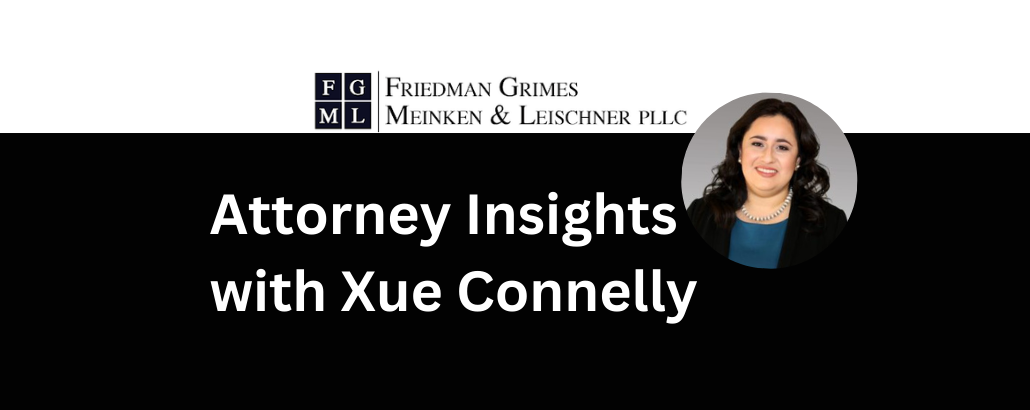No amount of estate planning or legal protections can avoid all potential family disputes. But there are some clauses individuals can put in a Trust or Will (that can help mitigate some disputes. The best step individuals can take to avoid or minimize disputes is to make sure beneficiaries know their plans, know that they’re consistent, and ensure that beneficiaries at least feel their concerns have been heard.
An estate plan can help preserve an individual’s wealth and ensure it is passed on according to their wishes. Having an estate plan in place does not necessarily protect an individual’s assets from their own creditors, but it will help protect them from their beneficiaries’ creditors. However, care must be taken in estate planning to ensure that assets are not vulnerable to probate, excessive taxes, creditor claims, lawsuits, or even misuse by heirs. With the right legal tools in place, it is possible to limit exposure to these risks and maintain greater control over what happens to one’s property — both now and in the future.
Trusts: The First Line of Defense
Trusts are among the most reliable ways to protect assets from creditors — if used correctly.
- Revocable Living Trusts: These are useful for avoiding probate, but they do not offer individuals creditor protection during their lifetime, since they still legally own the assets. Revocable living trusts can especially be useful for individuals whose beneficiaries have mental illness, addiction or gambling issues, ensuring that the beneficiaries will have some help in place even after the individual is gone.
- Irrevocable Trusts: Once assets are placed in an irrevocable trust, they’re no longer considered part of an individual’s estate. This makes them less vulnerable to creditors, lawsuits, and even Medicaid spend-down rules.
- Spendthrift Provisions: Including these in a trust can protect beneficiaries’ shares from their own creditors, bankruptcies, or lawsuits.
- Health and Education Clauses: These limit how funds can be used — typically for a beneficiary’s health, education, maintenance, and support (HEMS) — reducing the chance of misuse.
Anyone who’s ready to create or strengthen an estate plan should consult with an experienced Virginia estate planning attorney to explore the best strategies for their situation.

